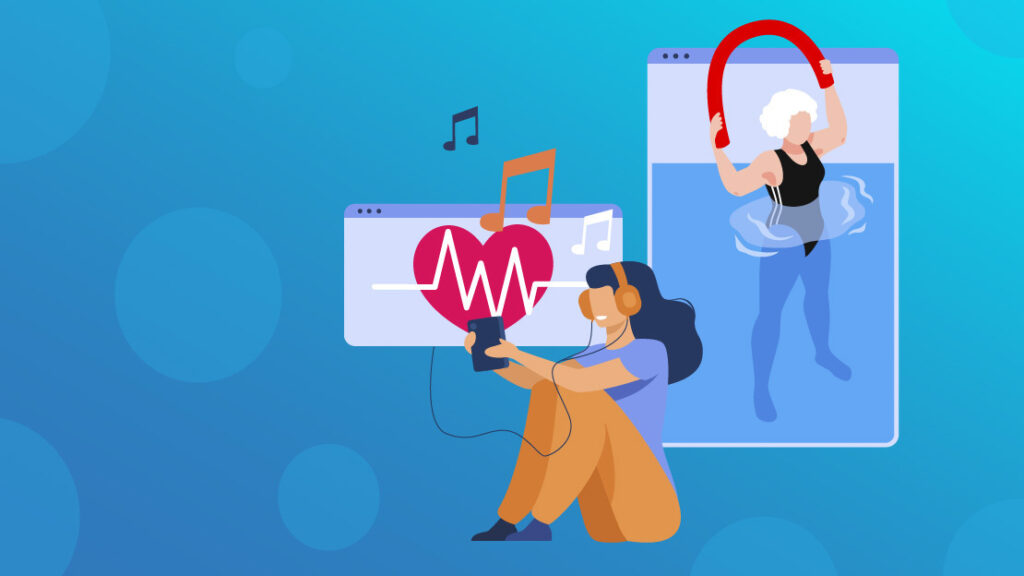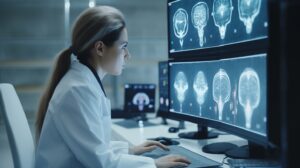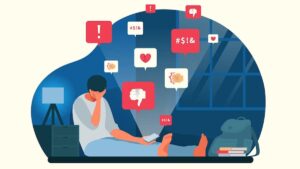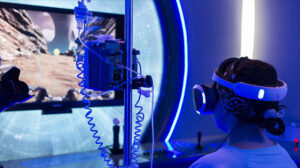Alternative Therapies: How they are powered by Artificial Intelligence and Technology

The world is becoming increasingly digitized and advances look promising. Technologies are becoming more advanced and making significant incursions into fields once considered traditional, such as healthcare and therapy. While conventional forms remain essential, complementary alternative therapies are improving and are being empowered by Artificial Intelligence and technology. In this article we explore how the convergence of Artificial Intelligence and alternative therapies is changing the way we approach health and wellness.
The Integration of Artificial Intelligence in Alternative Therapies
One of the most visible ways in which AI is contributing to these types of therapies is through personalization. Alternative therapy recognizes the uniqueness of each individual, and AI allows treatments to be tailored precisely. When medical, genetic and lifestyle data, algorithms can generate treatment for patients seeking different types of therapies such as herbal medicine, acupuncture or traditional Chinese medicine.
Virtual Reality for Exposure Therapy
Exposure Therapy is used to treat anxiety disorders such as post-traumatic stress disorder. AI and VR are transforming this therapy, creating safe virtual environments for patients to confront their fears and traumas. This facilitates and leads to controlled and effective progress.
Artificial Intelligence for Music Therapy
In this type of therapy, music is used to address emotional and physical problems. Here, AI creates personalized playlists that are custom tailored to the emotions and needs of patients. Algorithms can identify patterns in music that help stimulate relaxation, concentration or endorphin release.
Mindfulness and Meditation Mobile Apps
Meditation and mindfulness are core practices in many alternative therapies. AI-powered apps are providing users with personalized guidance and tracking in order to improve their mental well-being. These mobile apps can be tailored to each individual’s preferences and progress.
These are few examples of alternative therapies crossed by technology and artificial intelligence, and there are others such as the detection of disorders through voice analysis, Robotherapy for physical rehabilitation. But all these issues have to have ethical considerations and face some challenges, these include data privacy, reliability of algorithms and the need to maintain the human touch.






